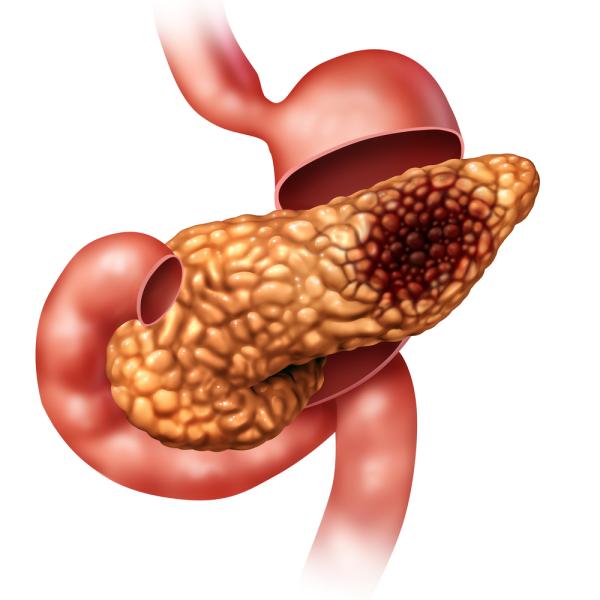Pancreatic cancer.
When news of this type of diagnosis is mentioned, those two words strike fear and dread in most every adult – whether family member or friend – who knows anything about cancer and survivability of its different forms.
That, of course, is because pancreatic cancer is the most aggressive, least treatable form of the disease and in a large majority of cases it reduces the victim's life expectancy to a matter of months. In short, more than any other cancer, those two words carry the approximate weight of a death sentence.
Why is this type of cancer so ravenous and what makes it accelerate so rapidly? German researchers say they have discovered the answer to this question, and they've traced the cancer's aggressiveness to a key factor in its earliest growth and composition.
The factor is called Zeb1, which "controls how cells migrate and survive in early embryonic development." What that basically means is that Zeb1 acts like a switch, that, when on, powers the cells of the tumor to "quickly adapt to the changing conditions in their new environment," according to a statement from the University of Erlangen-Nuremberg announcing the finding. From there the cells metastasize quickly, producing deadly results.
 Some breast cancers that move quickly have an active Zeb1, and as theorized by Drs. Thomas Brabletz and Marc Stemmler, who were among the team members who pinpointed Zeb1's capability while conducting their research under the auspices of the university, other fast-moving cancers have Zeb1 switched on, too.
Some breast cancers that move quickly have an active Zeb1, and as theorized by Drs. Thomas Brabletz and Marc Stemmler, who were among the team members who pinpointed Zeb1's capability while conducting their research under the auspices of the university, other fast-moving cancers have Zeb1 switched on, too.
The adjacent images, from the authors' paper published Monday in the well-regarded journal Nature Cell Biology, represent "consecutive sections of immuno-histochemical stainings, comparing the plasticity of Zeb1 expression [right column] in central and invasive tumour regions" (photo credit: Friedrich-Alexander-Universität Erlangen-Nürnberg research team).
In the rarer cases when pancreatic cancer is slower moving and relatively less aggressive, researchers believe that Zeb1 is switched off, producing "significantly lower metastatic capacity" and a longer period of survivability.
"About 50,000 people are diagnosed with pancreatic cancer each year in the U.S. Historically, only about 7 percent of pancreatic cancer patients have lived at least five years after diagnosis," states a Mayo Clinic report published last May. "Because the cancer tends to spread before symptoms appear, it is found early enough to make surgery a clear-cut option in only about 15 percent of patients. In about half of patients, the cancer has spread throughout the body by the time it is diagnosed, ruling out surgery."
While pancreatic cancer's deadly efficiency is a result of its symptomless nature, this discovery in itself does not now make this type of cancer more treatable. It does, however, provide scientists more specific information on how to confront the driving forces of cancer of the pancreas – including finding a way to "switch off" Zeb1 – and other aggressive forms of the disease.




